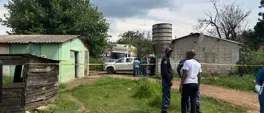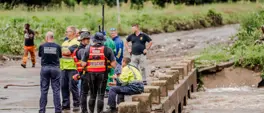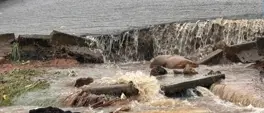‘Reading this should make you sick’: The plight of thousands of schoolchildren still using pit toilets
Xanderleigh Dookey Makhaza
12 July 2024 | 8:57Despite a 2019 initiative aiming to eradicate pit latrines, pupils at more than 3,500 schools still use these illegal and unsanitary facilities.
In 2019, President Cyril Ramaphosa launched a R6.8 billion Sanitation Appropriate for Education (SAFE) programme.
The purpose of the initiative, he said, was to provide sufficient sanitation facilities to schools in South Africa. At the time of the launch, close to 4,000 schools in the country did not have appropriate sanitation facilities, leaving many young children with only pit latrines to use.
In his address at the Sheraton Hotel in Pretoria, Ramaphosa said” “We are gathered here today to seek collective action to give all the children of this country what most of us take for granted. We are here to ask you to be part of a bold social initiative to ensure that every school in the country has safe and appropriate sanitation facilities.”
He went on to say that the SAFE initiative would spare generations of young South Africans the indignity, discomfort and danger of using pit latrines and other unsafe sanitation facilities in our schools.
Almost six years since the launch, little has changed.
More than 3,500 schools, which is not too far off the initial 4,000 schools, still have illegal pit latrines.
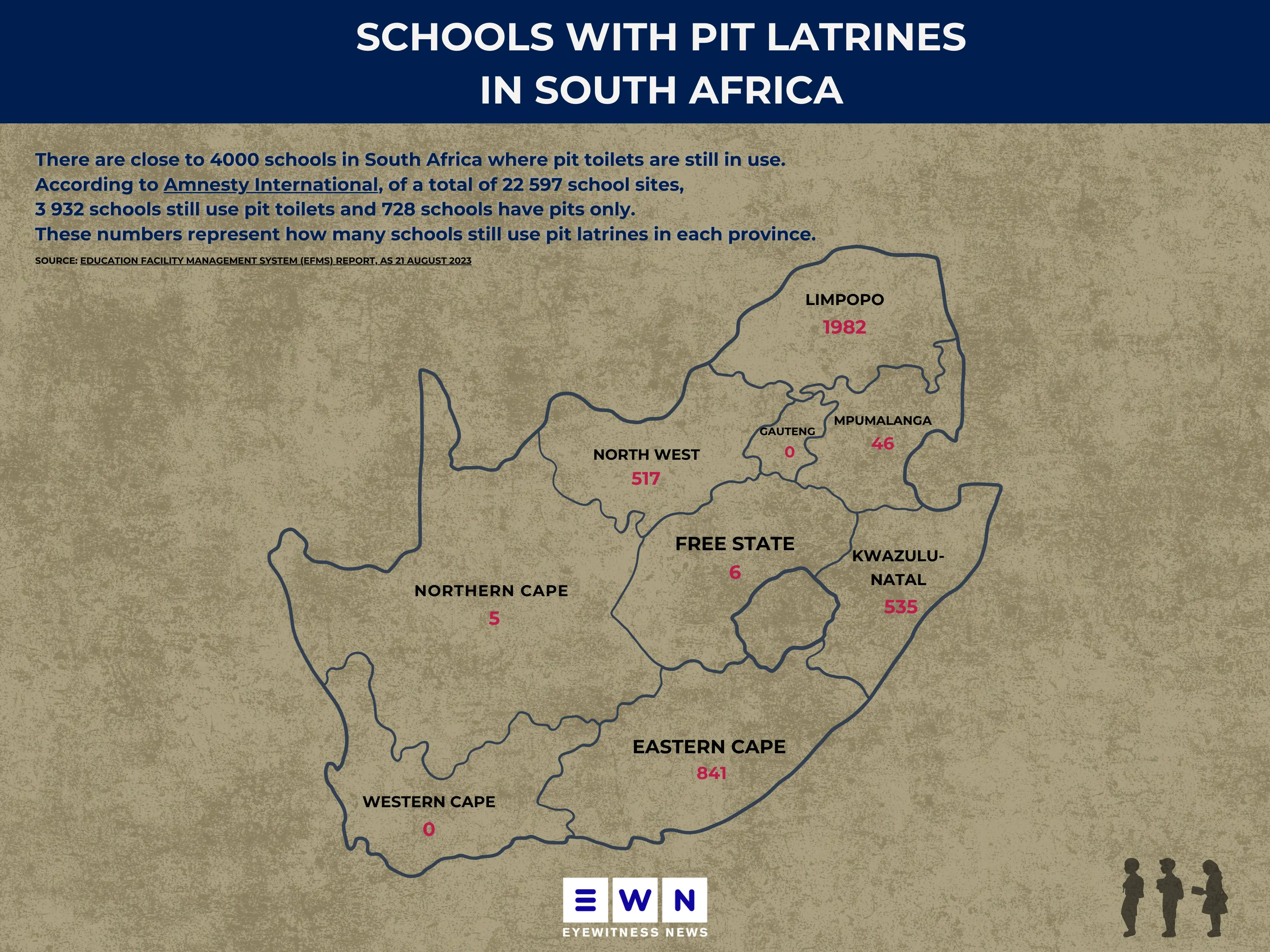
Graphic: Xanderleigh Dookey Makhaza/Eyewitness News
These structures do not only have an adverse impact on young children’s health, leaving them susceptible to contracting diseases such as cholera, but poor sanitation is also linked to the transmission of dysentery, typhoid, intestinal worm infections, and polio. They are deadly, and have tragically claimed lives.
While there is no concrete data available on the number of children who have lost their lives in pit latrines, several incidents have occurred in the country.
In May 2016, five-year-old Oratile Diloane fell into an exposed, faeces-ridden pit toilet at a primary school in the North West province. He was rescued by a gardener using a rope.
While he was fortunate to have survived, he suffered severe head injuries.
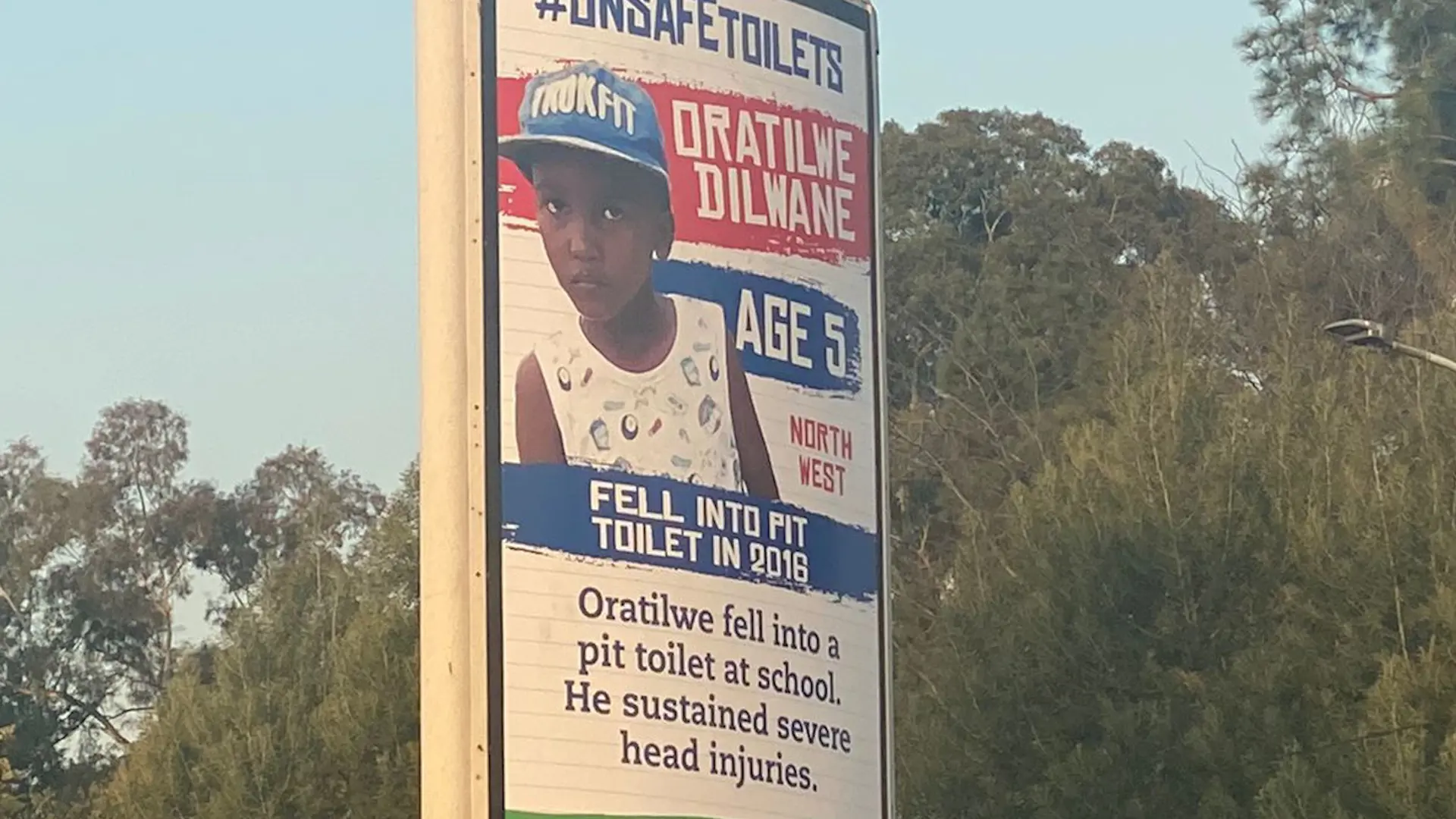
A poster for awareness after little Oratile Diloane fell into a pit toilet at school in 2016. He survived, but suffered severe head injuries. Picture: Supplied
In 2018, 5-year-old Lumka Mkhethwa’s life was cut short when she fell into a pit latrine and drowned in faeces at a school in the Eastern Cape.
More recently, 3-year-old Unecebo Mboteni died when he drowned in a pit latrine at a daycare centre in the Eastern Cape.
One of the most infamous stories was that of Michael Komape. Komape was only five years old when he drowned in a latrine at Mahlodumela Primary School just outside Polokwane in 2014.
This particular case caused immense outrage globally, and led to various campaigns calling for the eradication of pit latrines in schools.
Following a long legal battle between Komape’s family and the Department of Education, the High Court in Limpopo handed down a judgment against the department in 2021, compelling them to provide a list of schools with pit toilets and other inadequate sanitation facilities, plans to eradicate these and upgrade school sanitation in the province, and to report every six months on progress.

A collage of Michael Komape (L), Lumka Mkhethwa (C) and Unecebo Mboteni (R), all whom died untimely deaths after falling into pit latrines. Pictures: Supplied
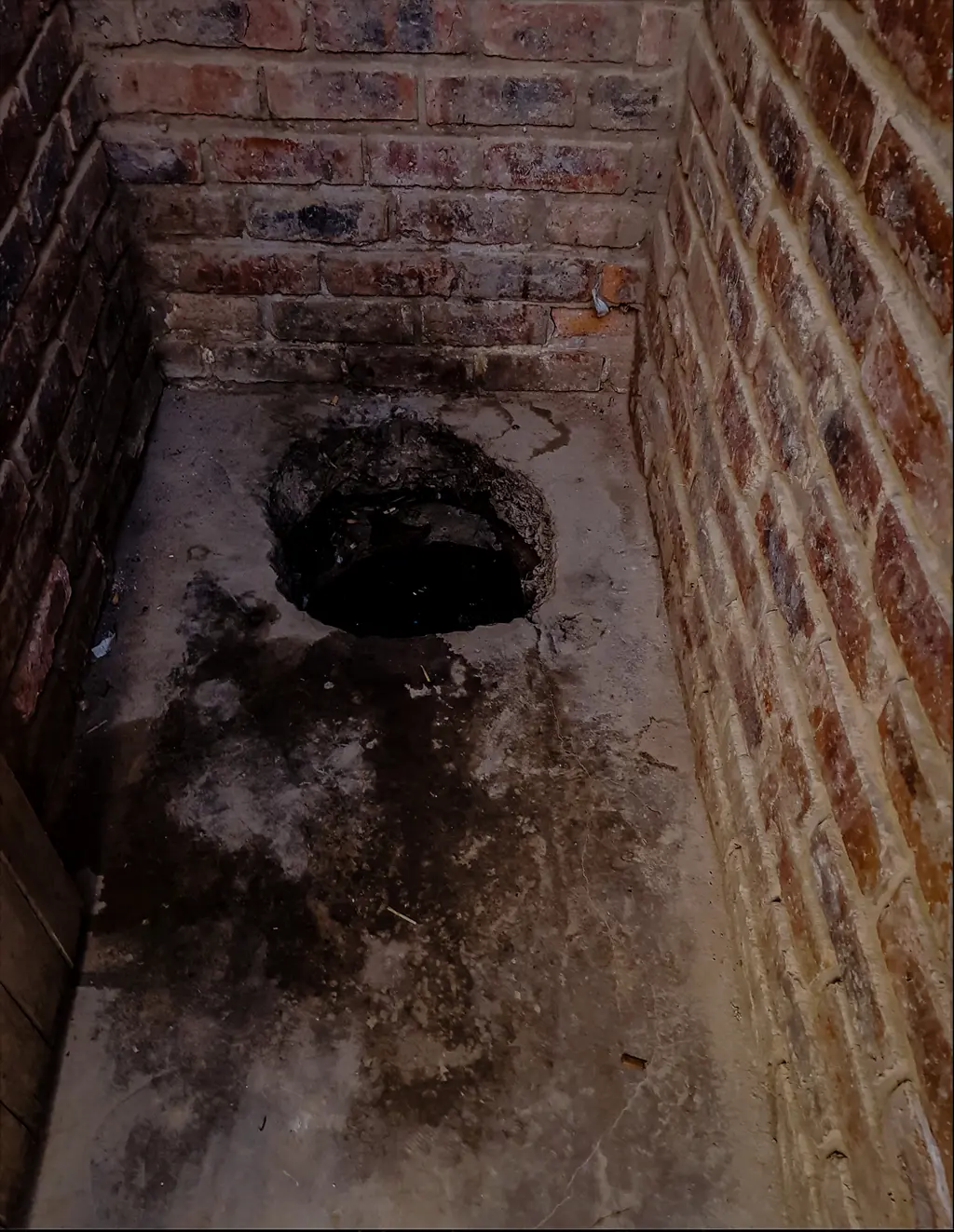
A close-up of a pit toilet typically used by schoolchildren across many provinces of South Africa. Picture: Supplied
The department set itself the target of eradicating all plain pit toilets in “priority 1” schools in the province by April 2023, and then extended the deadline to April 2024.
The department missed its own deadline once again this year.
According to the Education Facility Management System (EFMS) report, as of 21 August 2023, 1,982 schools in Limpopo have pits only - the highest in the country.
Human rights organisation Amnesty International has launched several campaigns over the years to highlight the plight of children in schools that are not sufficiently equipped with sanitation facilities.
The organisation’s most recent campaign included a poster created with sterilised human faeces taken from these toilets.
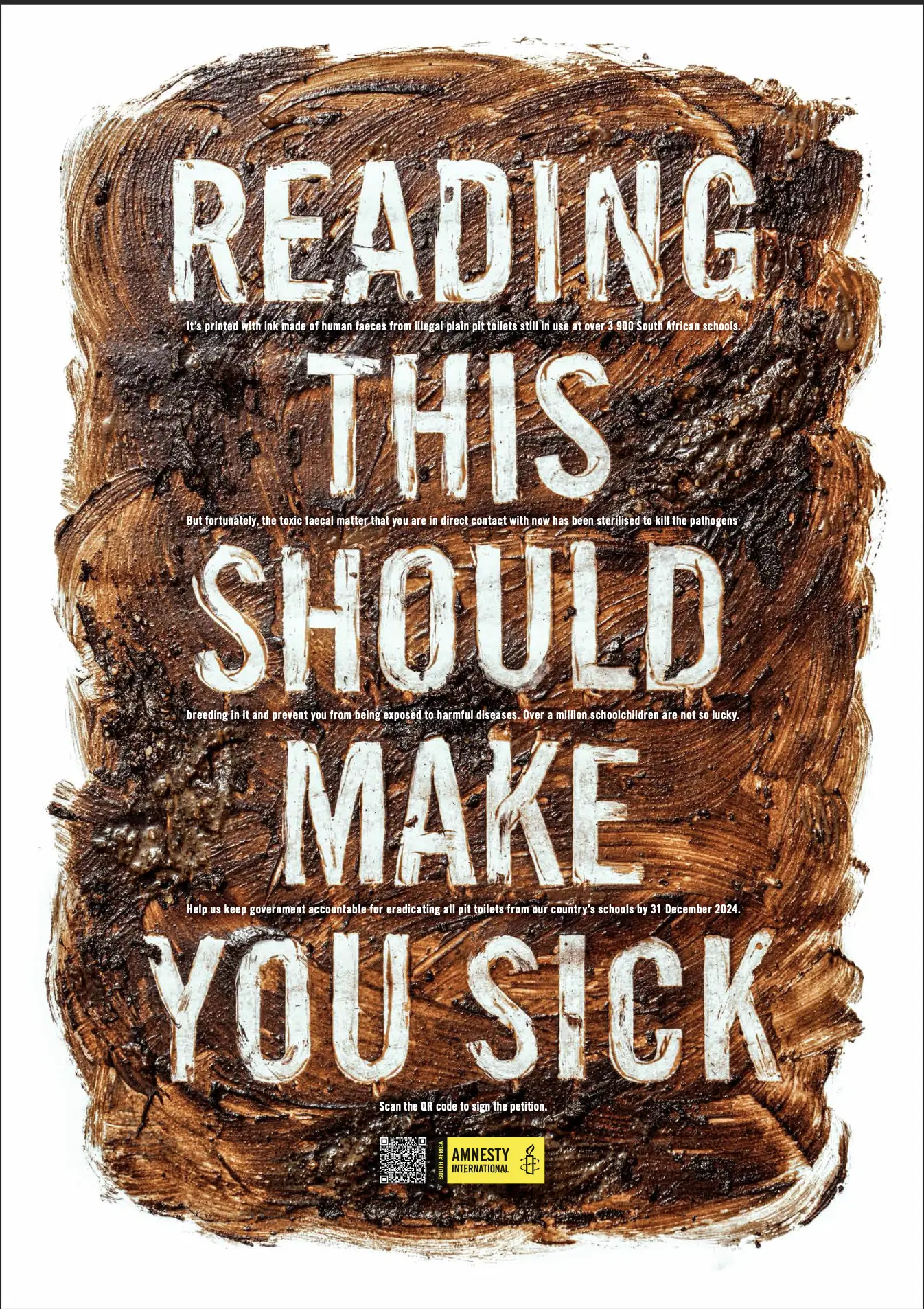
A poster by Amnesty International using sanitised faeces collected from pit latrines across the country. Picture: Supplied
Cassandra Dorasamy, a campaigner at Amnesty International in South Africa, said the fact that are still 3,900 illegal toilets in schools was an insult, and should make people angry.
“The caption on the poster says: Reading this should make you sick. That is the reality that many learners at South African schools still face. They have to go to schools that have illegal pit toilets that put them at risk of disease and physical harm. It goes against the minimum norms and standards for school infrastructure in South Africa,” she said.
New basic education minister Siviwe Gwarube said this would be one of her department’s top priorities.
“With the new minister putting it at the top of her priority list, we need to see it done, and we're hoping to see it get done. We are also calling on all the people in South Africa to, again, add their voice and add to the pressure. This isn't just an issue of kids falling into latrines and the diseases that they are exposed to. It's also very much a dignity thing,” Dorasamy emphasised.
She also urged the minister to think about the humans who have to use these toilets.
“Think about every learner that has to go to school and use the toilet, and then put yourself in their shoes. Think about the future of the country, and the important role that education plays in the social fabric of our society, and how infrastructure like pit toilets and other harmful infrastructure hamper children’s access to quality education,” she said.
As vulnerable children across South Africa await the fulfilment of their basic right to dignity, they continue to face health risks and death in a place meant to nurture them.
Get the whole picture 💡
Take a look at the topic timeline for all related articles.
Trending News
More in Local

22 December 2025 18:36
MKP and EFF members suspended after motion of no confidence vote chaos

22 December 2025 17:16
Two arrested in connection with murder of media personality DJ Warras
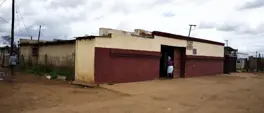
22 December 2025 15:50
Calls for SANDF intervention in Bekkersdal amid claims of police complicity with illegal miners




